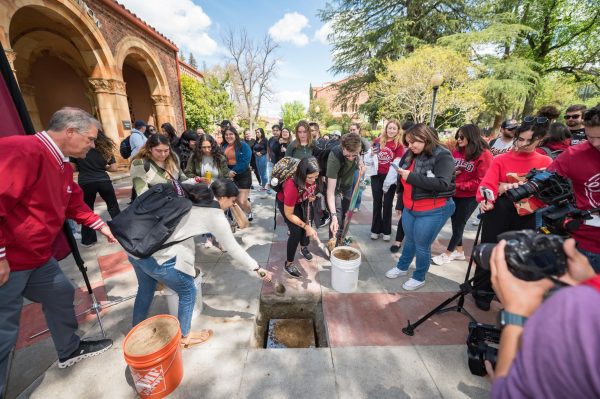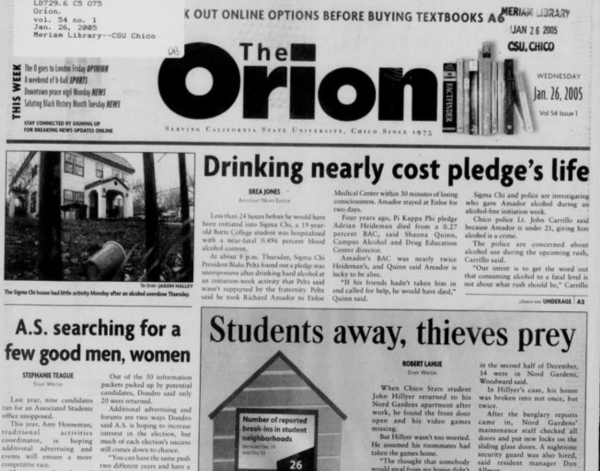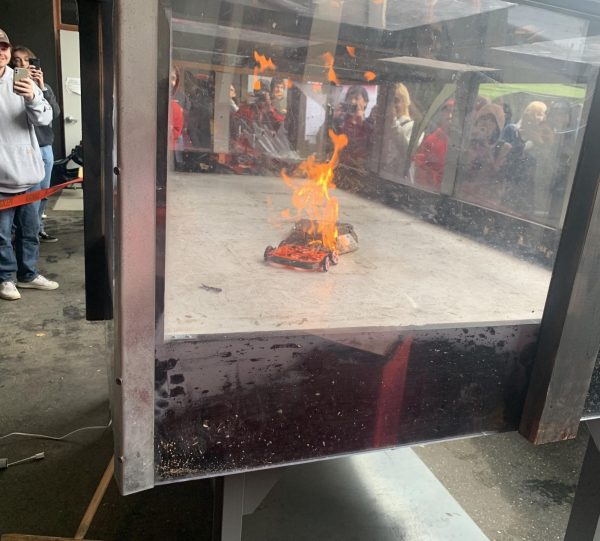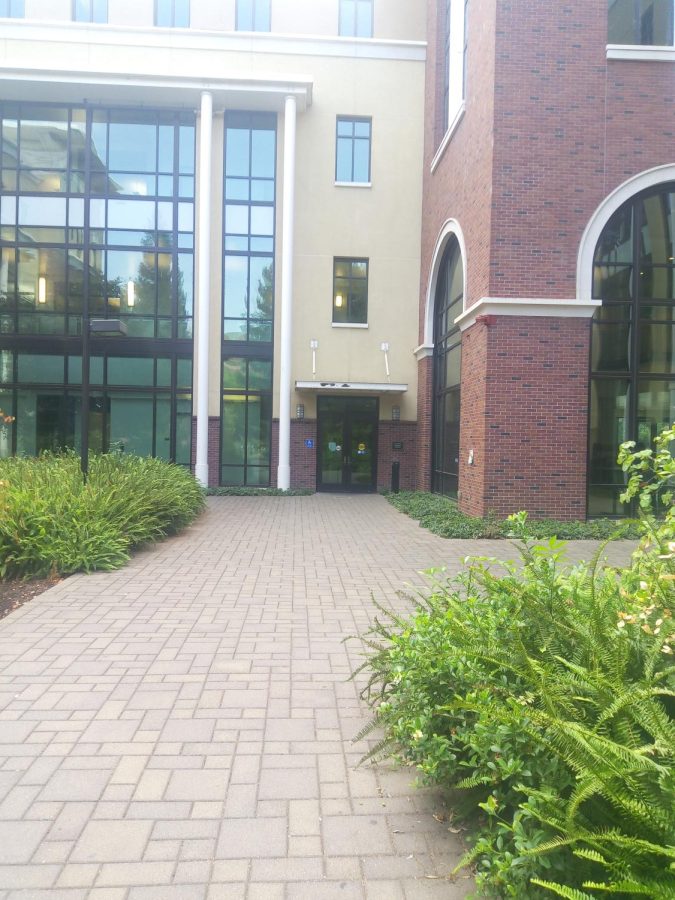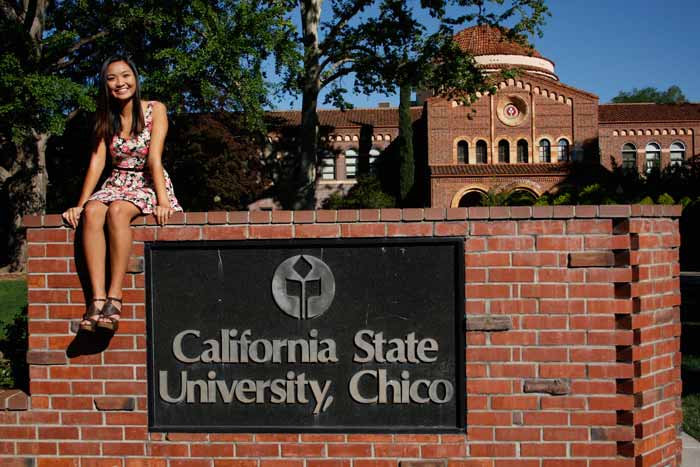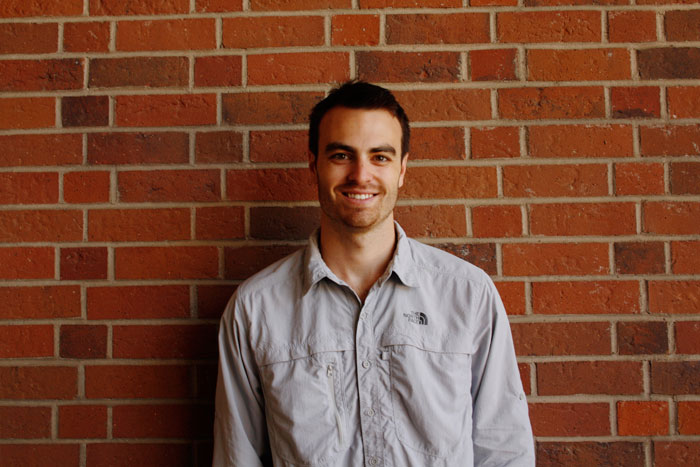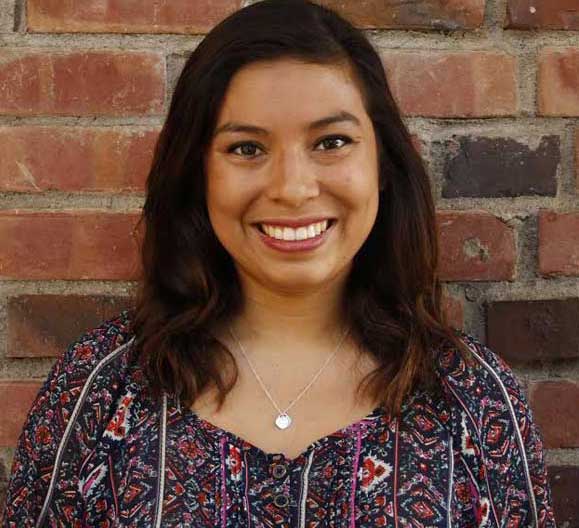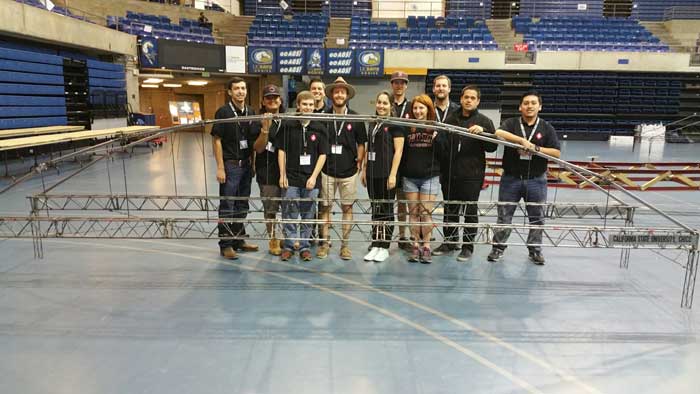Published 2012-05-15T18:55:00Z”/>
Aubrey Crosby
New California State University presidents can make 10 percent more than their predecessors — but that money can no longer come from the state.
The California State University board of trustees voted to put a cap on state-funded presidential pay Wednesday at the board’s meeting in Long Beach. Incoming presidents can earn up to 10 percent more than the salary of an outgoing president, but the additional money has to come from private fundraising.
Of the 25 board members, 24 voted in favor of the policy amendment.
Board of trustees member Margaret Fortune was the only dissenting vote against the policy.
The amendment allows incoming presidents a 10-percent increase over the outgoing president’s salary, but only if it is funded by the university of the president, Fortune said. The state-funded portion of the salary of a new president should be the same as their predecessors.
“The reason I voted against this amendment is to signal from the top that we understand what students and faculty are facing in these hard economic times,” Fortune said.
This amendment was not made with the best interests of the CSU in mind, and the CSU chancellor and system are not being transparent with the amendment, said Vince Ornelas, California Faculty Association chapter president for Chico State.
“This idea that the board of trustees has reformed their compensation is false,” Ornelas said. “All they’ve done is shifted that increase in presidential salaries from the public sector to the private sector.”
This is a big step backward for the CSU system, said Susan Green, CFA treasurer for the Chico State chapter.
“It’s nice that they have heard that people are upset about administrative pay,” Green said. “It’s also disappointing that all they have done is shifted it to the power of private groups as a means to raise money to increase their salaries.”
The university funds capable of being used for a pay increase can come from donations to the university but would not come from money set aside for campus improvement or education, said Stephanie Thara, a spokeswoman for the CSU system.
The policy amendment was put into place because of the $750 million in budget cuts to the CSU system and the unprecedented retirement of many campus presidents, Thara said.
This policy change does not directly affect Chico State President Paul Zingg’s current salary, Zingg said in an email to The Orion.
His salary has remained the same since 2007, and Zingg doubts it will change in at least two to three years, he said.
“If we’re going to have a salary freeze in the system, then the presidents should feel it too,” Zingg said. “However it is realized, a compensation policy for the CSU that is fair, equitable and competitive is a good thing.”
Some students think the board of trustees made the right decision but could have done more.
It’s good that the board of trustees froze increases in pay from state funds, said Alison Saechao, a freshman English major.
However, Saechao disagrees with the use of private funds to pay university presidents, she said. It shouldn’t be necessary for presidents to receive additional outside payment.
“They hold a public position and receive funds in the public eye,” Saechao said. “They shouldn’t be increasing salaries when tuition is increasing.”
<hr />
<strong>Aubrey Crosby can be reached at</strong>
<em>[email protected]</em>

